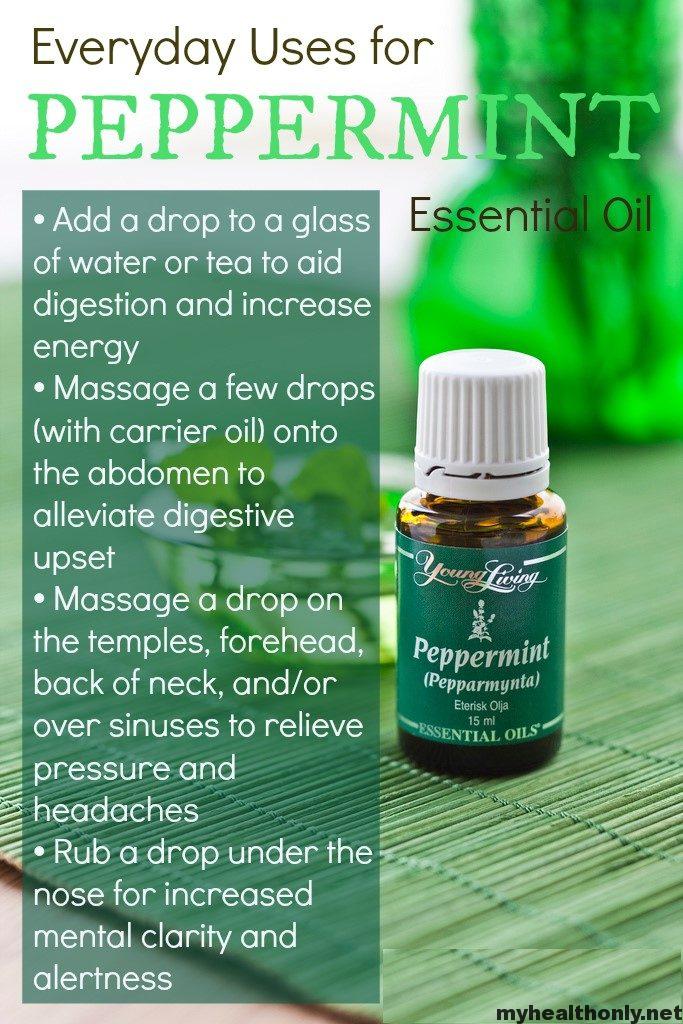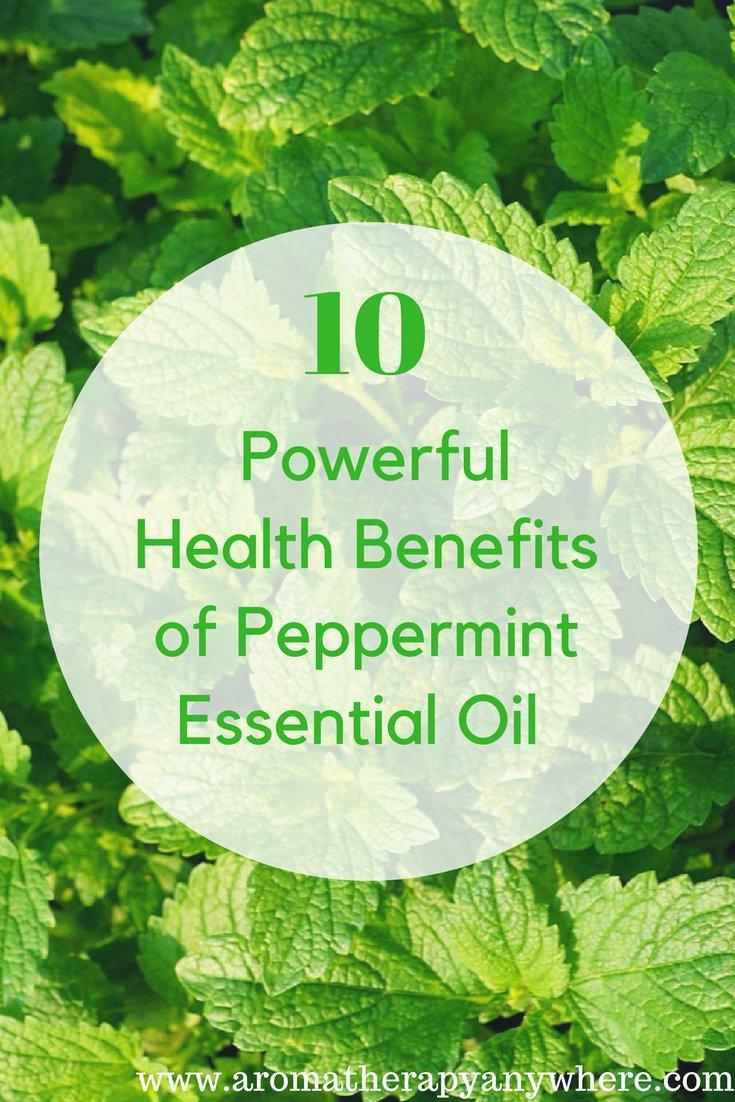

Isfahan Chambers-Harris, a trichology practitioner and founder of Alodia, an organic, natural hair care line says, "Peppermint essential oil is beneficial to the hair and scalp because it has antimicrobial properties that can help with balancing the scalp microbiome." "It can help you relax because it is so cooling and calming-which is always a good thing when you're waiting for your hair to grow."
BENEFITS OF PEPPERMINT OIL SKIN
Reduces inflammation: Peppermint has a pleasant, cooling sensation when applied topically, and that sensation can help to reduce skin inflammation, Panton says.

A study in Microvascular Research found a 4 percent menthol solution "caused blood vessels to widen, which increases blood flow."

Increases hair thickness: "Peppermint essential oil stimulates blood circulation to the skin, which may help with increasing dermal thickness, follicle number, and follicle depth," explains Sara Panton, founder of essential oil company Vitruvi.There was a study done on mice, where Minoxidil was compared with peppermint oil for its effects on hair growth and the results were comparable and similar to minoxidil in terms of hair growth and thickness." Board-certified internist Sunitha Posina, MD, says, "It has been shown that peppermint oil can stimulate hair growth due to vasodilation of the blood vessels and help hair loss. Though there isn't a ton of conclusive research that proves using peppermint oil will cause an increase in hair growth. May promote hair growth: Findings published in Toxicological Research say a peppermint oil solution led to more hair growth than minoxidil, a hair-growth product approved by the FDA.Gastrointestinal Issues: Some people also report gastrointestinal problems getting diarrhea and gastritis when using peppermint, particularly in excess.Contact Dermatitis: Many people are allergic to this plant and will experience contact dermatitis when touching any of these substances.Pregnant or Breastfeeding: If you’re pregnant or breastfeeding, it is best to avoid peppermint oil and extract, as the concentration of active ingredients could be dangerous for the baby.Side EffectsĪlthough there are many positive effects of peppermint, there are also a number of negative side effects associated. Flavoring Agent: This plant is also a popular flavoring agent in many foods, candies, beverages, and baked goods.ĭifferent parts of this plant, including seeds and leaves, are used differently.Tinctures and Extracts: These are typically used in a higher concentration for internal healing and more serious health conditions.Tea: Drinking peppermint tea is an excellent way to relieve stress and anxiety and boost energy levels.Oil: The oil is commonly applied to the skin to release information and respiratory problems.Peppermint has a number of uses both medicinal and culinary, including being used as the following: Protecting against dental cavities and bad breath.



 0 kommentar(er)
0 kommentar(er)
